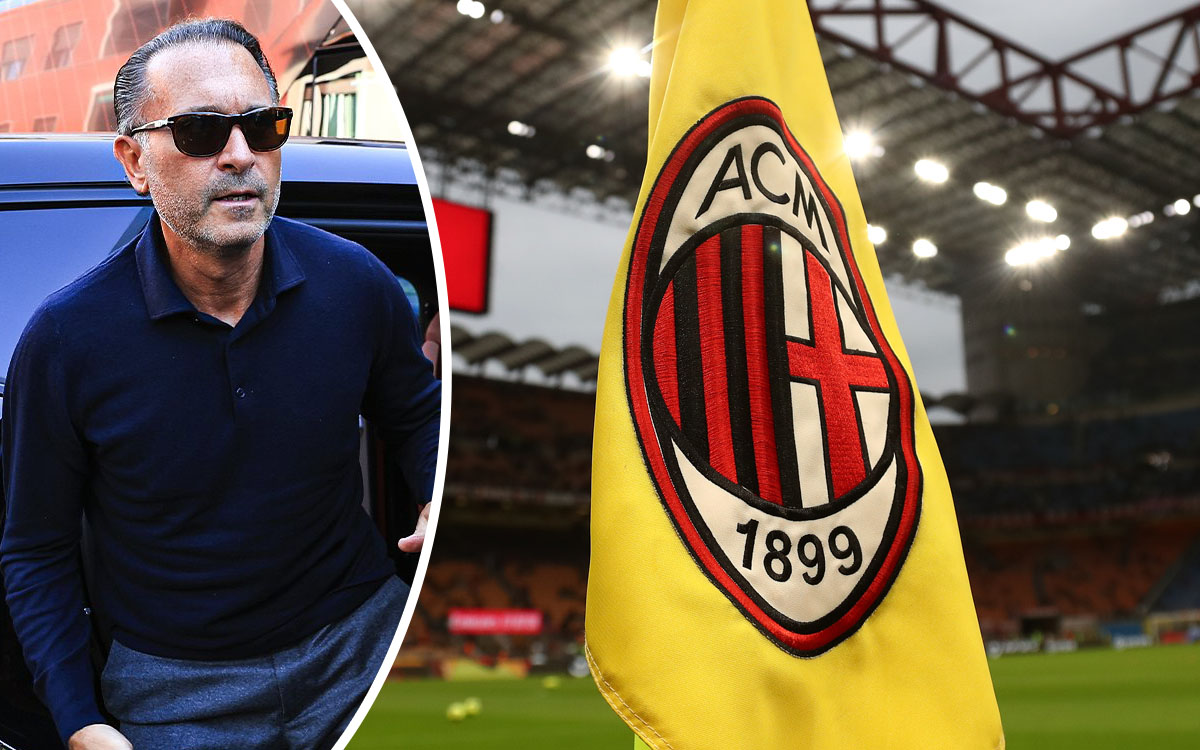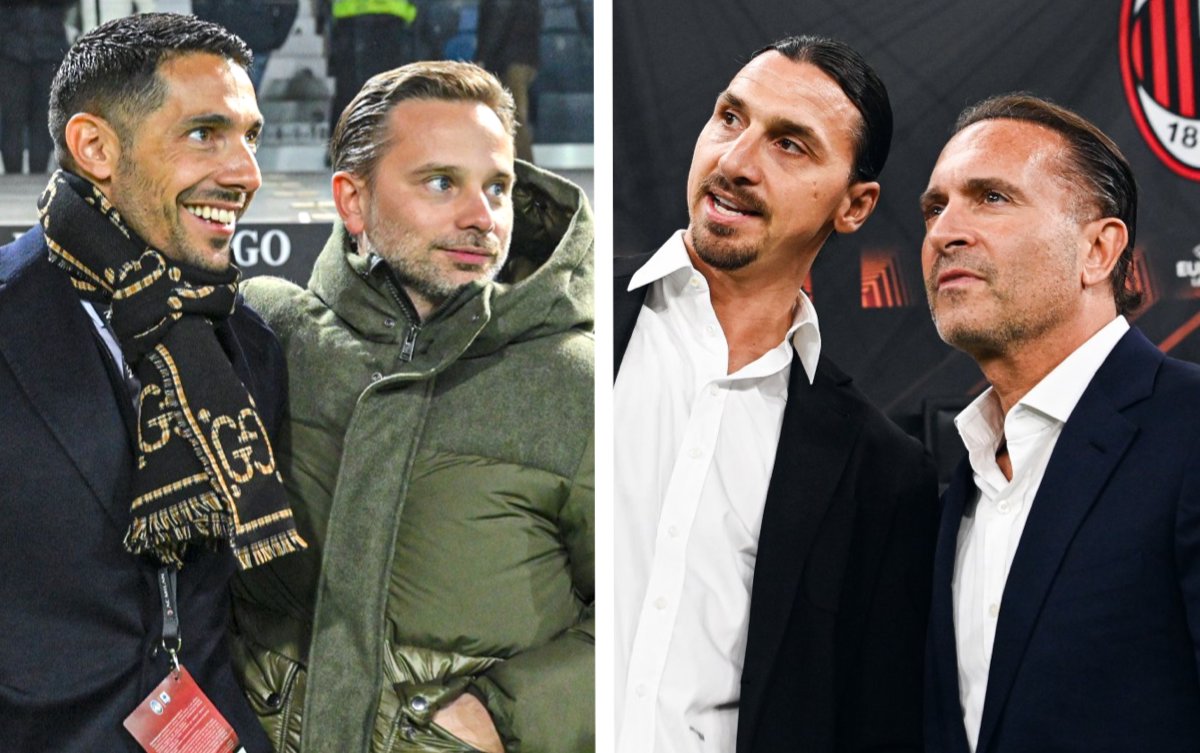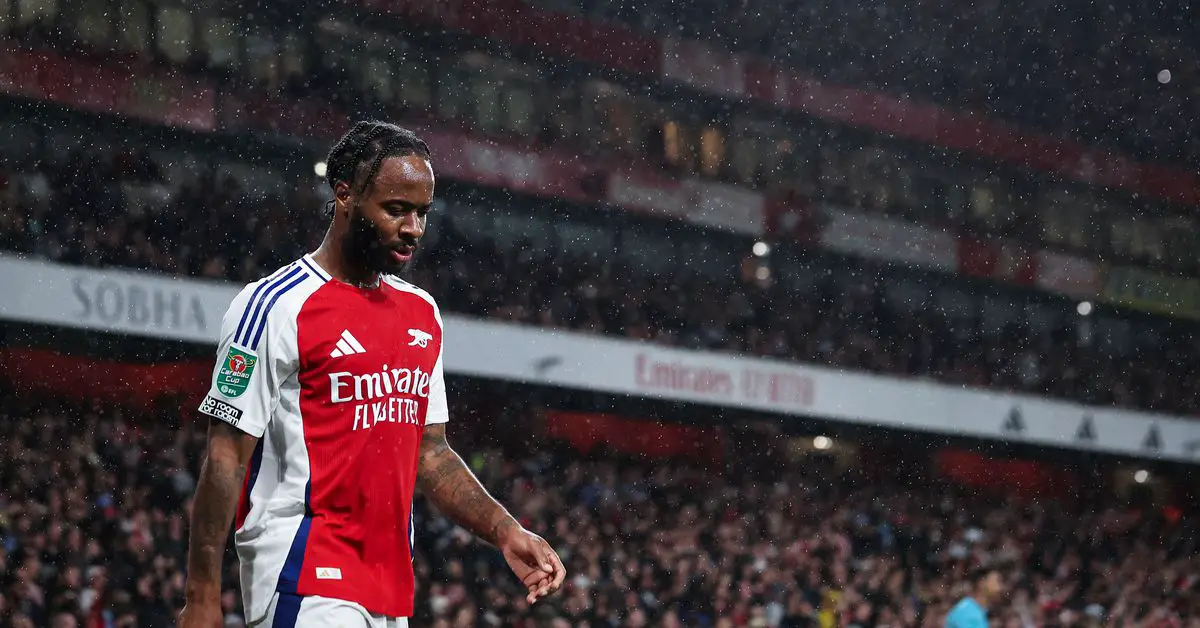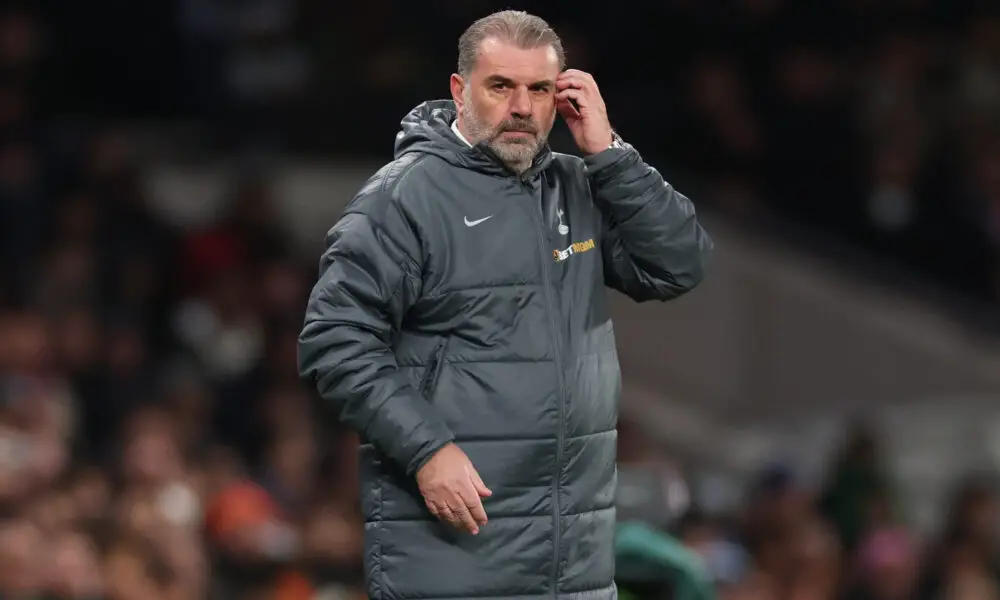AC Milan owner Gerry Cardinale has spoken about the process of buying the club and how he has found his first couple of years in charge.
Cardinale’s name has been in the headlines a fair bit recently, given his absence from the 125th anniversary celebrations and the fact that fans protested by telling him to sell the club.
Not only that, but there has been a change to the vendor loan terms. After reports circulated in the media suggesting a possible refinancing, it was announced on Friday that the repayment deadline has been pushed back to 2028.
The RedBird Capital founder and number one rarely speaks about Milan but when he does there is often interesting insight, and now he has spoken at length again about the challenges faces.
The prestigious Harvard Business School has published a 24-page document in which it analyses Milan. Inside it is an interview with Cardinale, with his comments relayed by MilanNews.
On the process of buying Milan…
“When we bought AC Milan, a lot of American sports team owners called me and said, ‘You’re crazy.’ They said, ‘You can’t do business in Italy,’ and ‘It’s impossible to make money in European soccer.’ Most people who invest in sports clubs do it because they’re emotionally invested.
“They put winning trophies above everything else, and that often leads them to make the mistake of thinking that spending too much to field a team of stars is linearly related to winning. But that’s the worst thing you can do as an investor.
“We bought it for a figure that corresponded to 3.6 times the revenues of the club; the new owners of Chelsea FC bought it for a multiple of seven times the revenues when you consider the earn out.
“I brought the New York Yankees with me for a small minority stake, given our long-standing partnership with them and our desire to bring the best practices of American sports to Italy. I think Milan has the potential to become a €5bn company.”
On winning the 2022 Scudetto…
“The passion of the fans was incredible. I’ve never seen anything like it. I sent the photos to my team in New York and told them: ‘You better get ready.’”
On choosing Giorgio Furlani as the CEO,,,
“I could have hired someone with a casting call in European football. But Giorgio thinks the way we think at RedBird. He, like Stefano Cocirio, is a bit of a unique fit for European football: young, free to do things because ‘that’s how they’ve always been done’, has an investor background, Italian but educated and trained in the US and UK.
“I’ve come to understand that the most important element of the CEO role in European football is financial responsibility and the ability to integrate on- and off-field performance.
“Bringing disciplined financial sophistication to the player transfer market and maintaining a positive cash flow position – that’s the core of our investment thesis, and that’s where Giorgio comes in.
“Where he’s lacking is that he’s not a CEO: I think he managed four people when he was at Elliott, while at Casa Milan alone we have 260.
“So it was intriguing for me not to approach this as a typical private equity search for a CEO, but rather to create a ‘office of the CEO’ that operates under my direction and brings together the various disciplines needed to evolve the ownership of European football: Giorgio, Stefano [Cocirio, CFO], Geoffrey Moncada, Zlatan Ibrahimović and my team at RedBird.
“Each of us brings something and we are all part of an integrated team. I am not throwing Giorgio to the wolves.”
On Zlatan Ibrahimovic…
“Most people would see his appointment as a ‘showcasing’ or think of me as a celebrity-loving owner. It’s the exact opposite: I’m looking for world-class people who can make us better.
“With Zlatan I wanted to make a statement that we will do things differently because there is a legitimate need for innovation in managing these resources better. So I hired him for RedBird as an operating partner and as a senior advisor to the ownership at Milan.”
On media pressure…
“I stopped reading the papers here, because they can just make it all up. I see this as a value chain with different components. The fans do their job, but the problem is that most of the other components in the chain make it harder for us to offer the best to the fans.
“The media often doesn’t help, and neither does the government. They recently took away the tax benefits we received when we paid players, making it even harder for us to compete with other leagues. How does this help us? They should understand that football is one of Italy’s biggest exports.”
On Silvio Berlusconi…
“What Berlusconi did with Milan reminds me of what George Steinbrenner did with the New York Yankees. Both were ‘buying’ leagues [buying the best players in the world without regard to expense].
“In the 80s and 90s it was possible to do that, but now we can’t afford it anymore. We are competing with clubs in richer leagues and we can’t afford to pay players what they pay them. We have to spend every dollar of capital more intelligently than our rivals.”

On the sale of Tonali…
“We didn’t sell him to Newcastle United because we needed to. We sold him because we got a great offer and we did a risk-reward assessment. We got €70 million [including bonuses], plus a €10 million earn-out, the highest ever in Serie A.
“And thanks to that sale we bought six new players and completely revamped the squad. We don’t sell out of necessity, we sell out of opportunism. If we remain disciplined, there will always be counterparties on the market who will allow extraordinary returns for the players.”
On the stadium…
“We could significantly refurbish our existing stadium or build a new one that reflects the current status of these clubs as live entertainment companies. For what it would cost to refurbish, we could probably build a completely new stadium.
“But building stadiums in Italy is a challenge – the last stadium built in Italy was in 2011 and had 40,000 seats. I would love to see a modern stadium built with 70,000 seats, but we are not getting much help from the municipality to get planning approvals in our preferred location.
“And I am still trying to deal with the mismatch between building an American-style stadium, which will probably cost over €1 billion, and not being able to charge American-style prices. It is a real challenge.”

On his plans for Milan…
“I’m not trying to Americanize AC Milan. I’m trying to introduce some American elements that can take Milan to the next level in a constructive way. I’m also focusing more attention on Serie A. I’m curious to see how we can help them negotiate international media deals.
“In the US, there’s a different relationship between team owners and the leagues. Here, there are more levels – Serie A, the Italian Football Federation, UEFA, FIFA… That’s where the learning curve is for me. Back home, I could have done all of this with my eyes closed.”
On short and long-term goals…
“Winning championships is obviously an important goal. But you have to balance that with ‘winning smart.’ Inter won the Scudetto last year and then went bankrupt [the reference is to the insolvent former owner Suning, not the club itself] – is that really what we want?
“For the fans, my job is to win the Italian championship every year – I get that. For my investors who are focused on bottom-line appreciation, my job is to position AC Milan to challenge for the Scudetto every year, qualify for the Champions League every year, and go as far as possible in the Champions League every year.
“That’s what maximizes cash flow and brand value. It’s the consistency and lower amplitude in performance volatility that maximizes value and ultimately longevity.”




